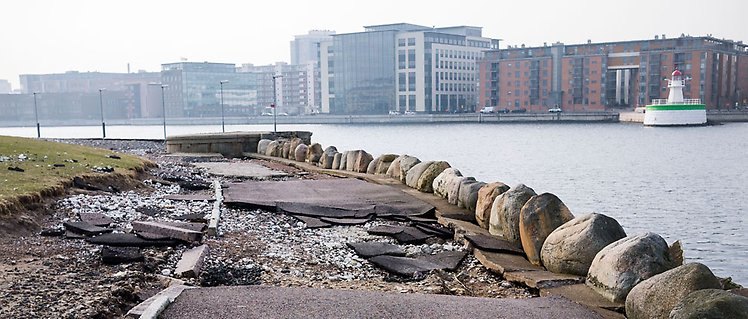RESEARCH THEMES
RESEARCH Streams
SHORTCUTS
Want to know more about our research? Click here!
INTERDISCIPLINARY COURSES
Stockholm Resilience Centre offers interdisciplinary courses on first (Undergraduate), second (Master's) and third (PhD) levels of University education. Want to know more about our courses? Click here!
POLICY and Practice
Our engagement in science-policy-practice activities has increased steadily over the years and range from high-level UN dialogues to local resilience assessments. Want to know more about our policy work? Click here!

Stockholm seminars
Regional Scenarios: Emergence of Fragility in Safe Operating Spaces
Seminar with Professor Steve Carpenter, 15 September 2015
This talk will describe how qualitative scenarios, generated by collaborative processes and combined with quantitative models, are a powerful method for understanding and navigating change in regional social-ecological systems. One of the challenges in modeling such scenarios lies in projecting future probabilities of ecosystem shocks and disturbances. The occurance of shocks changes for many reasons, including human action.
Humans often attempt to decrease the variance of ecosystems to increase the predictability and reliability of ecosystem services. These management attempts typically have the focus of only a few years. This moderate control of variance in the short time frame causes large increases in variance over decades and thereby makes social-ecological systems more fragile. Staying within a safe operating space requires that management allows for natural variability of ecosystems as well.
About Steve Carpenter
Steve Carpenter is Director of the Center for Limnology and Stephen Alfred Forbes Professor of Zoology at the University of Wisconsin-Madison. He studies watersheds and lakes of the Great Lakes region using scenarios, models, long-term data and large-scale experiments. Carpenter is a member of the U.S. National Academy of Sciences and foreign member of the Royal Swedish Academy of Sciences.
Related info
14:00-15:00
Tuesday 15 September 2015
Linné Hall, The Royal Swedish Academy of Sciences (KVA)
Lilla Frescativägen 4A
SE-114 18 Stockholm
Download seminar invitation Pdf, 532.6 kB. (Pdf, 532.6 kB)
Pdf, 532.6 kB. (Pdf, 532.6 kB)

Stockholm Resilience Centre
Stockholm University, Kräftriket 2B
SE-10691
Phone: +46 8 674 70 70
info@stockholmresilience.su.se
Organisation number: 202100-3062
VAT No: SE202100306201



